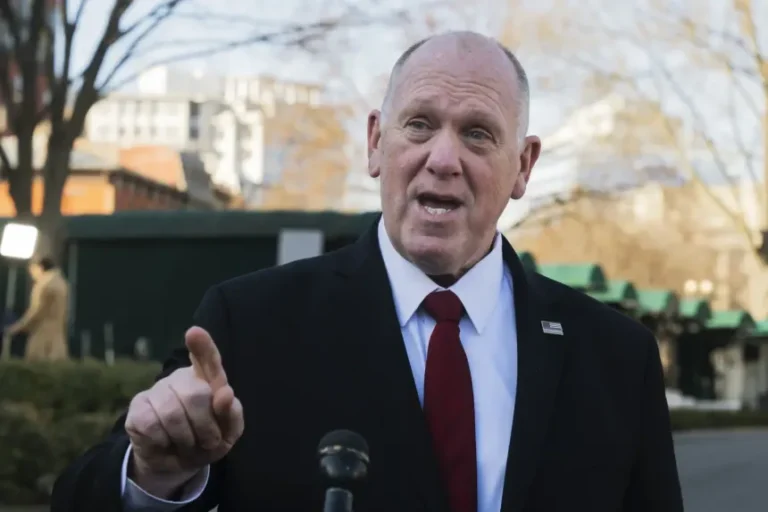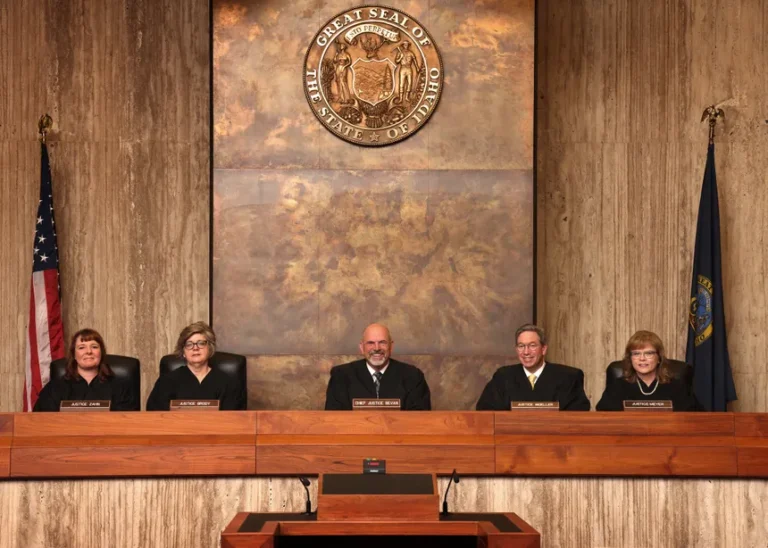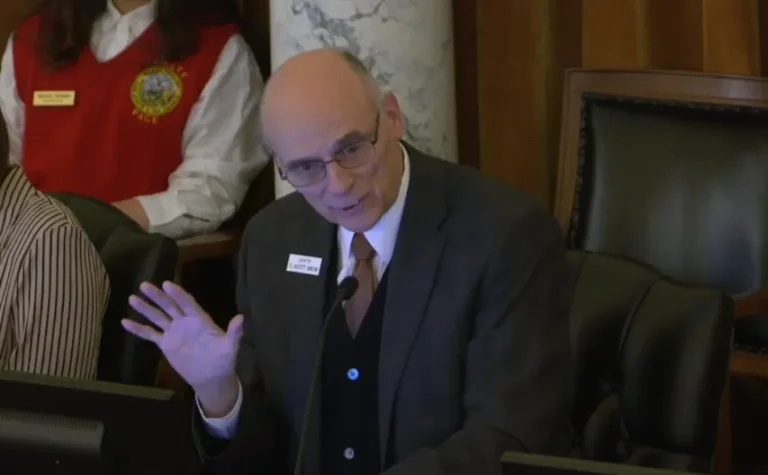
WASHINGTON, D.C. — The U.S. Supreme Court has ruled in favor of a Tennessee law that prohibits gender-affirming medical care for individuals under 18, including puberty blockers and hormone therapy. The 6–3 decision follows ideological lines and affects similar legislation enacted in nearly half the states nationwide.
The Tennessee law, challenged by three teenagers and their parents, prohibits medical interventions related to gender transition for minors. The plaintiffs argued the law violated the Equal Protection Clause by selectively banning treatments for transgender youth while permitting the same medications for other conditions, such as precocious puberty or endometriosis.
The American Civil Liberties Union (ACLU), representing the families, cited support for these treatments from major medical organizations, including the American Medical Association and the American Academy of Pediatrics. They argued that medically guided gender-affirming care is essential for adolescents diagnosed with gender dysphoria.
Supporters of the law, including Tennessee State Senator Jack Johnson, emphasized the state’s authority to regulate medical procedures for minors. “We prohibit tattoos, smoking, and drinking for those under 18,” Johnson said in prior comments. “This law ensures minors are not exposed to irreversible decisions with long-term consequences.”
Johnson and others defending the ban pointed to recent policy shifts in European countries, where some have restricted similar treatments due to growing concerns over potential long-term risks.
The ruling affirms legal authority for 25 states that have enacted bans on gender-related treatments for minors, but it leaves open several unresolved issues. Among them: whether minors currently undergoing care must stop treatment, and whether parents have a constitutional right to make these decisions for their children.
The case adds to a growing list of cultural and legal battles around gender identity, with ripple effects expected in schools, athletic programs, and healthcare systems across the country.





